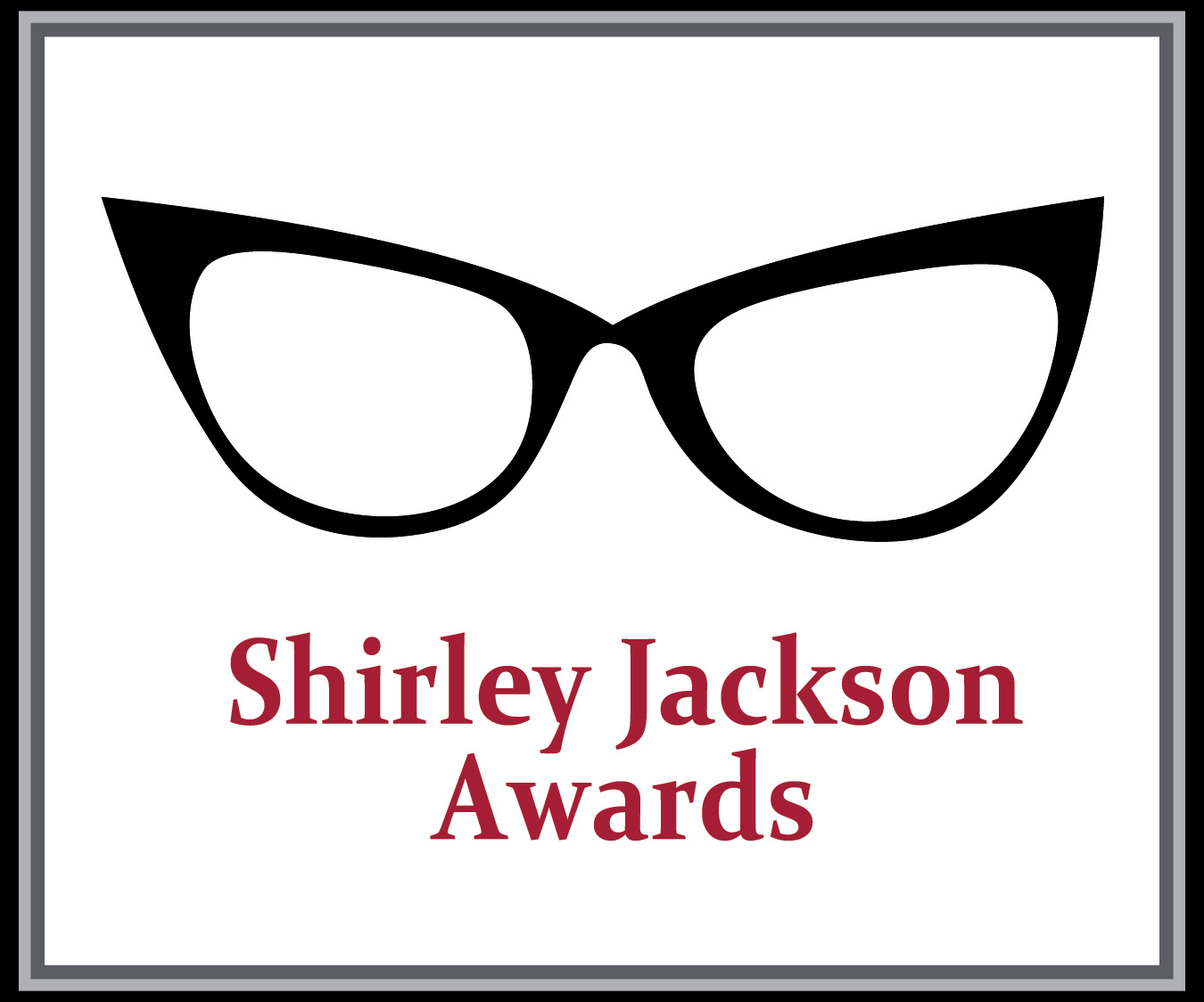Lily Hoang
Hi! Thanks for agreeing to do the interview. How did you decide to narrate “The Foxes” the way you did, with all the layers and juxtaposition utilized in the piece?
When Nick Mamatas, one of the co-editors of Haunted Legends, first approached me about the anthology, I didn’t have any place-centred ghost stories at my disposal, so I asked my parents about ghost stories they remembered from their childhoods. They couldn’t think of any. My mother went so far as to buy me a boot-legged dvd of Vietnamese ghost stories, but it turned out to be a collection of cheesy b-movies. Then, my father remembered the story about the foxes. He told me the tale. Then, my mother told me a completely different version of the tale. They both circled around the same characters, but the narratives were almost antithetical. This is one of the greatest pleasures in oral narratives: their evolution and movement. The narrative form of “The Foxes” is intended to mirror the way oral narratives are passed down and around. Each time the story is told, something is changed, made more gruesome, made more fantastic. But at the same time, the way both of my parents told the story, there was a politic to it, maybe a subconscious feminism and anti-colonialism. My retelling of their story magnified these political tendencies, while playing with metafictional and form.
What’s the appeal of the short story format for you and what were the challenges in writing your story?
I very rarely write short stories. I prefer novels. Novels are messy and there’s room in them. Short stories are clean and precise. I tend to think in the longer form. I generally write short stories when an editor solicits something. (The exception is that I wrote a collection of short stories a couple years ago. I asked roughly 25 writers for stories they had started but couldn’t or wouldn’t finish. More information about that collection can be found here: http://jadedibisproductions.com/UNFINISHED.html.) But when I wrote “The Foxes,” I hadn’t written a short story for a couple years, maybe. I had a hard time making my ideas fit. The narrative seemed too grand. After trying to approach the story a few times, I found that juxtaposing disparate threads of the narrative allowed the story I wanted to tell to emerge, on its own.
Could you share with us how family has impacted your writing, and how it influenced your stories?
My parents and family were a very large component to my first two books, which have fair amount of autobiography in them. Other than that, I am always trying to make my parents proud. The fact that I’m a writer – no matter how many books I publish or accolades I receive – is a failure to them. I was supposed to be a doctor. I continue to write stories and books in order to make up for the deficit in their lives because I’m not a doctor. My family also instilled in me a very strong work ethic. I have an actual addiction to being productive. I guess there are worse addictions to have.
Please help support the Shirley Jackson Awards. Click here for details.
